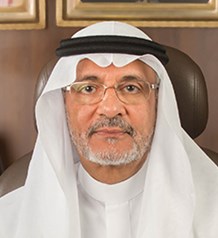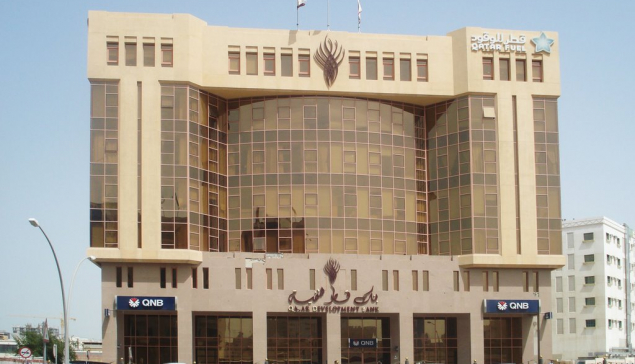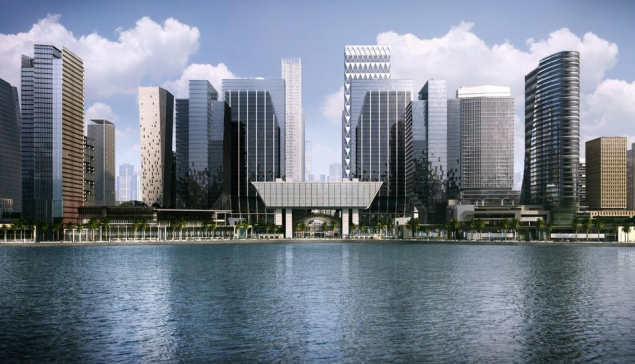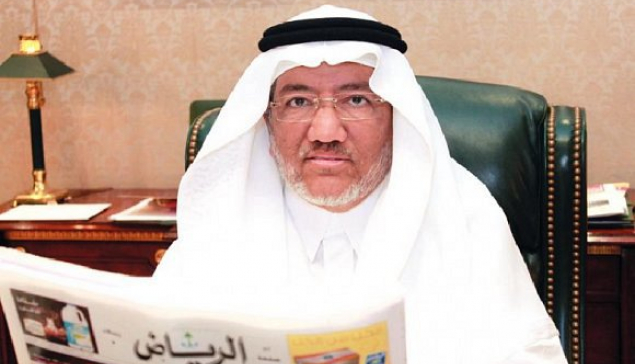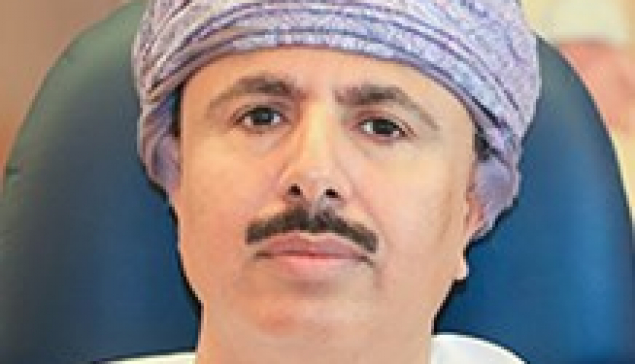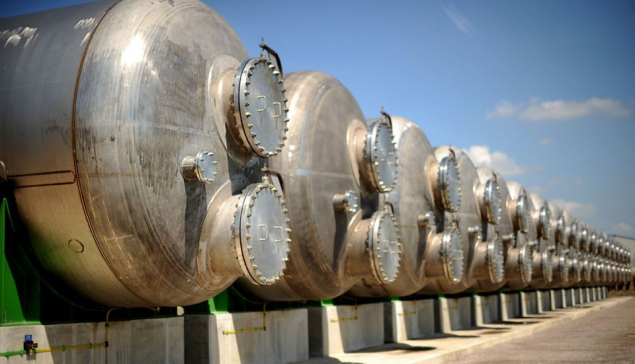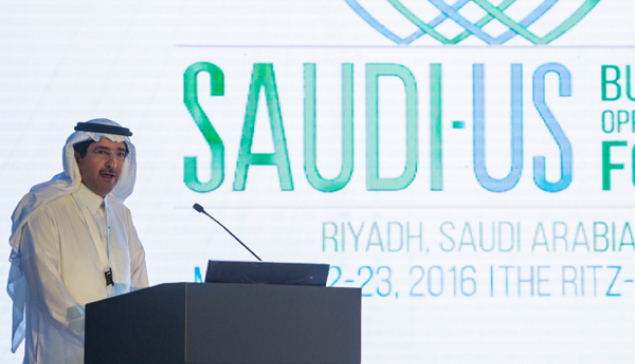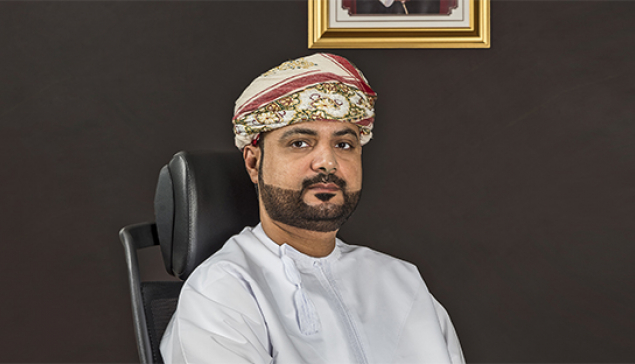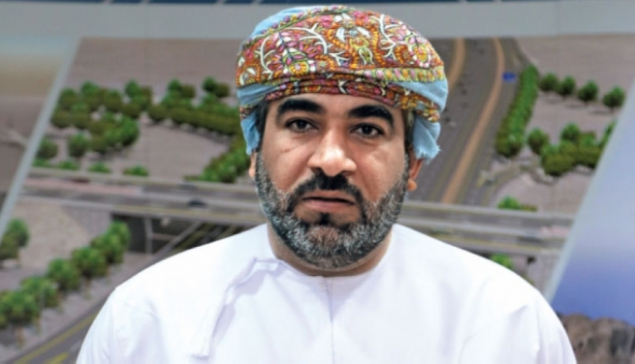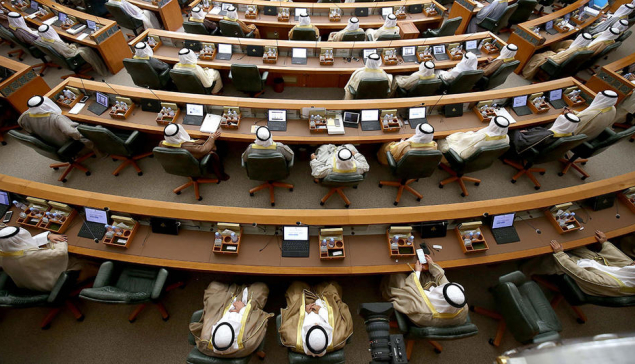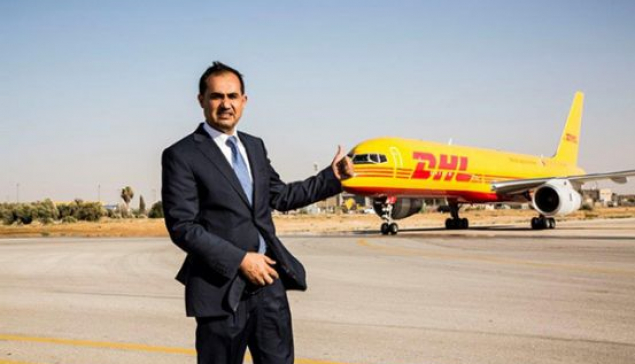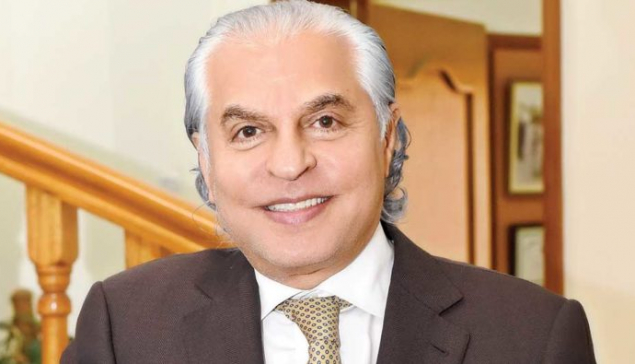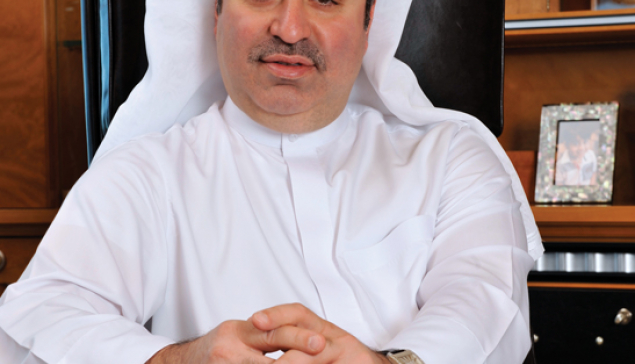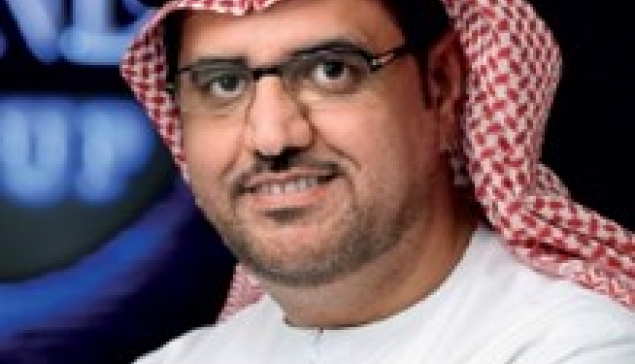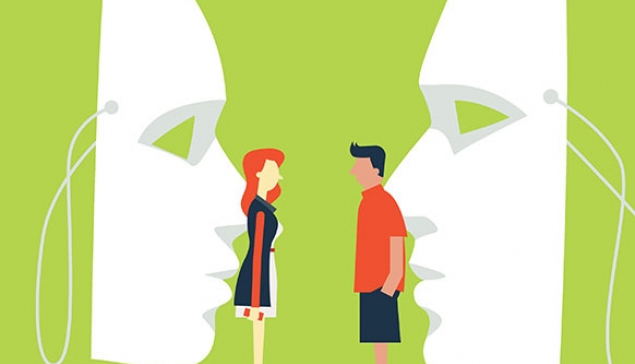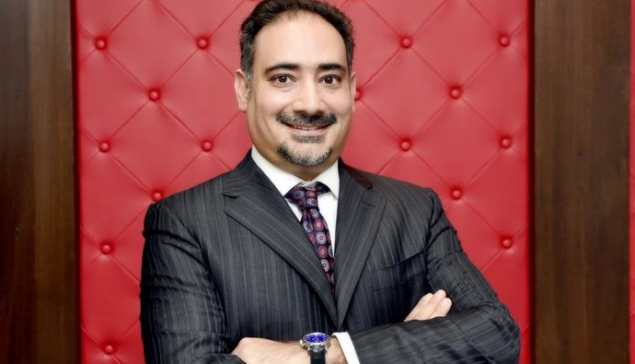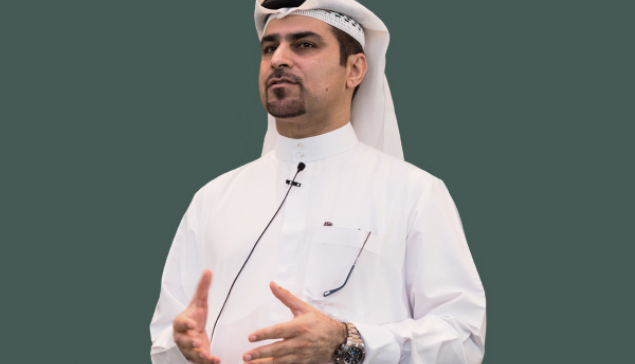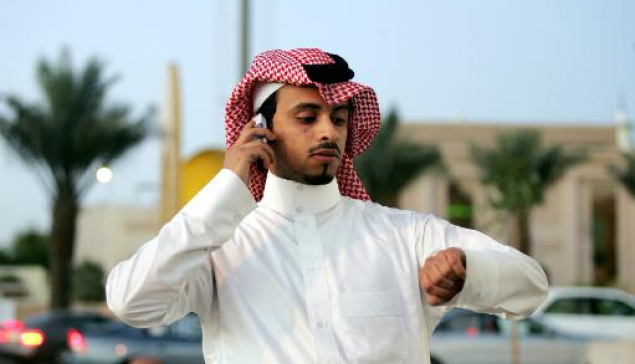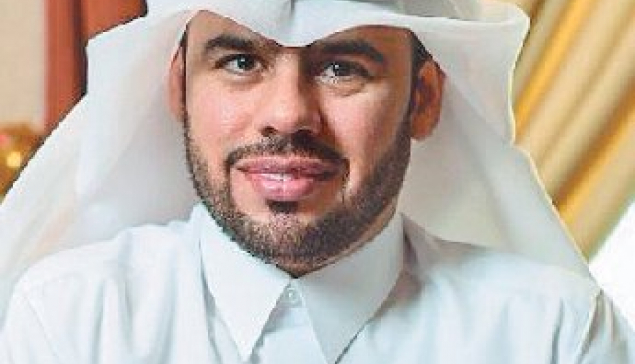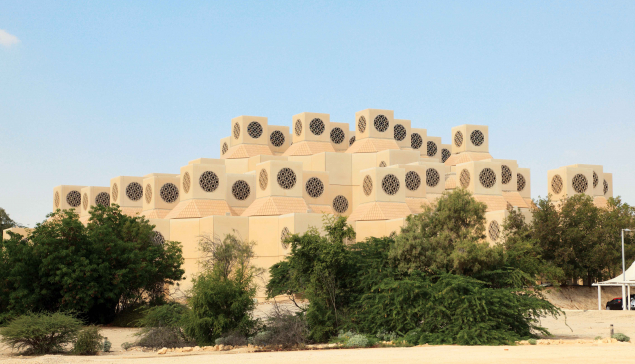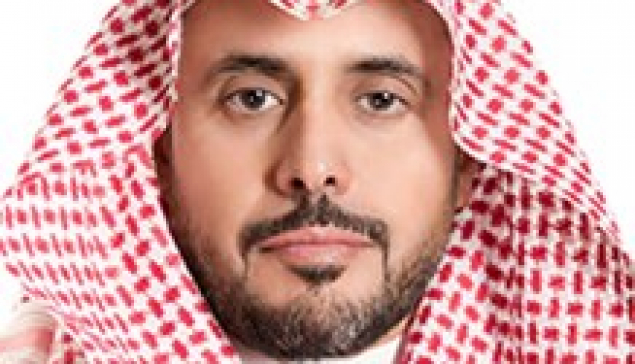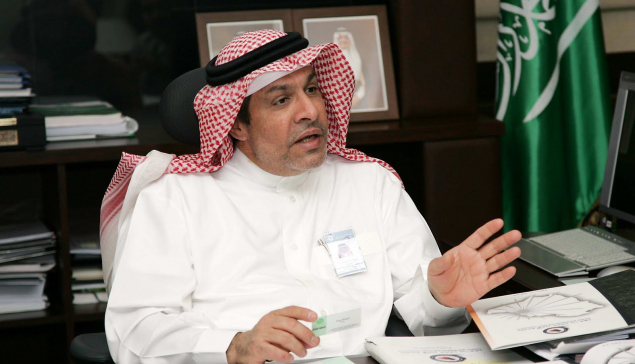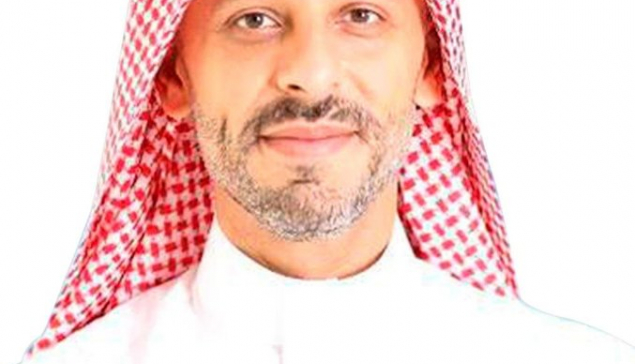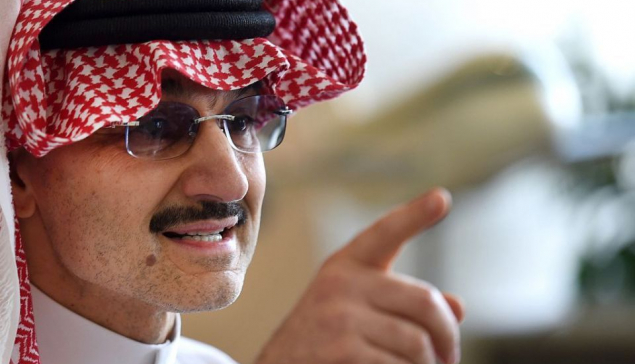Would you give us a background to Bisha University and the role it plays under King Khalid University?
In the 1980s Saudi Arabia only had seven universities, but with branches in many regions. Now the number of universities has increased to 28 distributed around the country. Some of these new universities started out as branches of the original seven universities. Bisha University was a branch of King Khalid University, although originally it was an education college that started some 20 years ago. When the Higher Education Ministry joined all these colleges into Saudi Arabia's higher education system, Bisha was put under the vision of King Khalid University. This continued until April 2014, when Bisha University was established. I became President in 2016. The most important part of my job has been to restructure the university's colleges. For example, I found we had three colleges in one with humanities, sciences, and IT disciplines all put together. Therefore, the colleges needed to be restructured and reorganized to put various disciplines in the right place. In 2017 we got approval for the restructuring of the university's colleges. Today, we have 15 colleges, including applied medicine, science, business, humanities, and more. Currently, we have 17,000 students at Bisha University, 80% of whom are female. Our headquarters are in Bisha, but we have three branches in smaller towns in the provinces of Tathleeth, Balgarn, and Al-Namas. In the future, these branches could be new universities in their own right.
How important is a university like this for the town of Bisha and the other centers where you have branches? Does the university provide a learning ecosystem, development, and new business opportunities for these areas?
People in these towns are all happy to have this university. We have received a lot of support locally for whatever the university wants to do. A university is important for local economic development. Having a local university is also particularly important for smaller towns to increase their opportunities to access higher education. Historically, students had to go to a bigger city if they wanted to go further with their education. However, now this is not the case because they have a local university in their hometown. Now parents are much more comfortable because their daughters can go to university nearby. There is a difference in culture between the cities and the regions in terms of education and male and female students sharing facilities, for example. In some regions this kind of facility sharing is not allowed. We have good female students at Bisha University and have established a talent center to discover and select students regardless of whether they are boys or girls. This is intended to create a good study environment for the future.
Privatization is a major trend in Saudi Arabia's education sector now. How will this affect Bisha University?
We have started our first strategic plan for the university and the most important factor is that our plan should match Saudi Arabia's Vision 2030. The most important element of the Vision 2030 for universities is how we will find other, non-government sources of income to develop our universities in the future. This is what we are trying to do at Bisha University. For example, we are free to create new academic programs that students pay for, such as higher degrees and diplomas. Bisha University also has the advantage of having good locations and we want to invest in these. We are discussing with businesses how and where we can invest. We are asking businesses from cities such as Jeddah to come to Bisha and invest, as it is a good center to develop your business in. We have many factors that make Bisha advantageous for business.
Have you looked at attracting international students to Bisha University and is the university setting up any international partnerships with overseas faculties to share ideas and experience?
We strongly believe that to succeed as a new university, we have to have cooperation and innovation with other countries and especially international universities. We have signed an agreement with the Malaysian Technology University's Engineering College and we will start by having an exchange of students, by sending 10-15 students there to do some training.
What are your expectations for the next academic year at Bisha University?
I am looking to the future in Bisha. I have been involved in higher education for more than 30 years and I want Bisha to be one of the leading universities not just in Saudi Arabia, but abroad as well. Having a smaller university with fewer students, rather than big numbers, can help us create a prominent and successful university. There are good examples of this in the US. Our academic staff is happy and dedicated to making this happen, because it wants this to be a top university, which is key for our success.
- Super User
- Life Balance
- Hits: 2383
